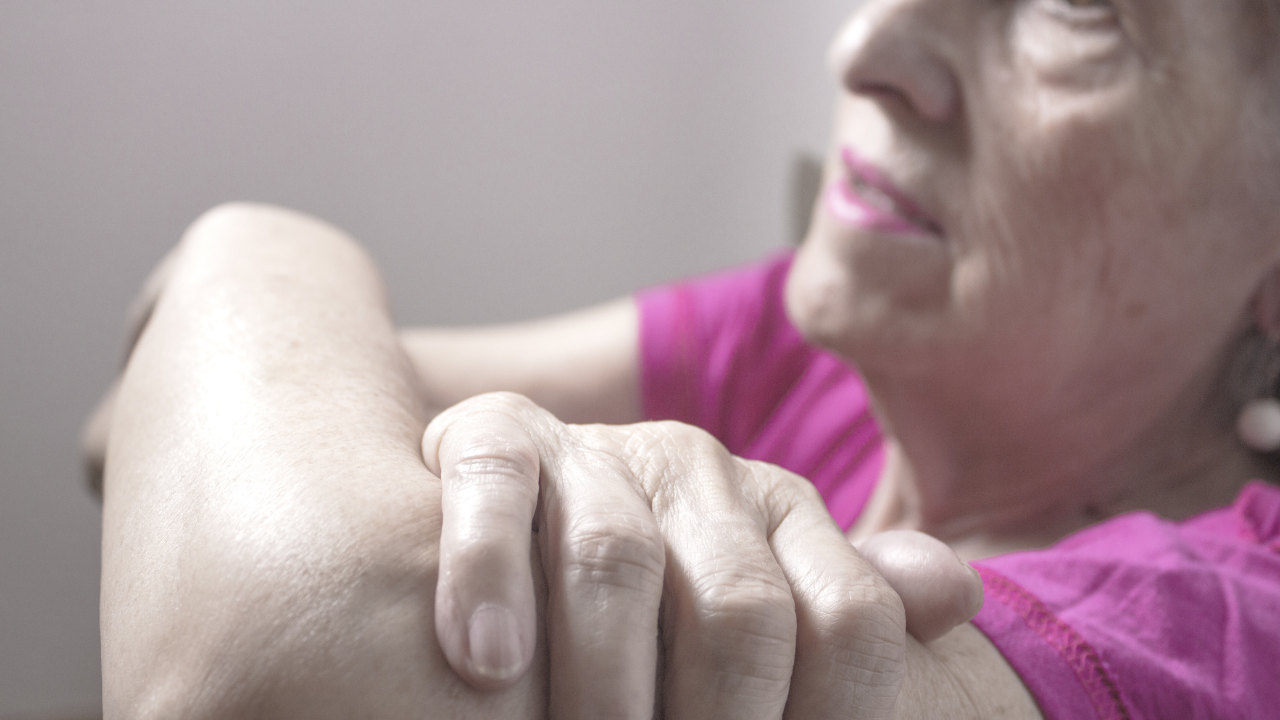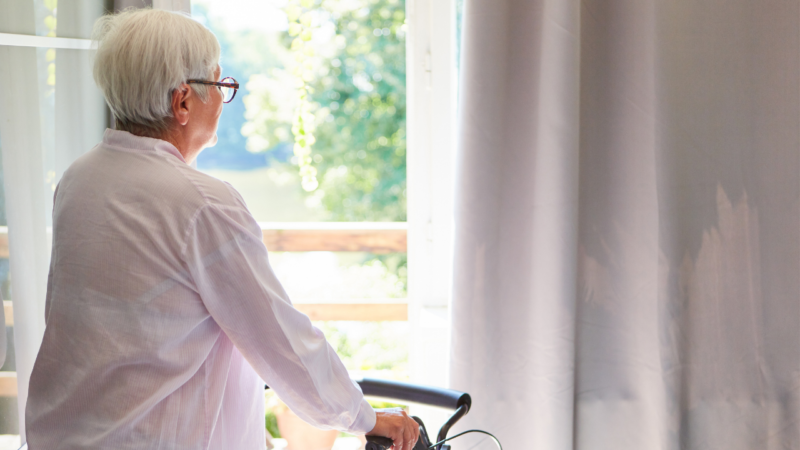We’ve recently been running a series of articles on rehabilitation at home for seniors.
You can check them out here:
- Home-based rehab for seniors: How family members can help Mum or Dad after surgery (or a stay in hospital)
- How can a physiotherapist help with rehabilitation?
- What conditions can benefit from rehabilitation with a physiotherapist?
In this article, we’re going to drill down further to answer four of the most frequently asked questions we get about rehab at home for seniors.
1. What is rehabilitation at home like and how is it different to hospital rehab?
Home-based rehabilitation is a relatively new concept that replaces an in-hospital treatment program with a rehab program in the comfort of your own home.
The hassle of staying longer in hospital or needing to travel into the hospital is replaced by the therapist coming to you. The beauty of this is that they are able to base your rehab around your daily activities and hobbies in the home, and it’s a great way to continue to get the support you need without a prolonged hospital stay.
It is still focussed on recovery and getting you back to doing something you might not have been able to do, but being delivered in your home, it is done in a much more realistic setting to your normal life!
Hospital-based rehab is typically a treatment program with a set number of days or weeks following your hospital admission, treatment or surgery and is delivered in the hospital, either as an inpatient or outpatient.
2. What are some of the benefits of a home-based rehab program?
There are many benefits of a home-based rehab program over the traditional in-hospital experience.
The first being there is no need to extend your stay in hospital for a lengthy period of time once you are medically well. Most of us who have spent any time in hospital can’t wait to get back home to our own bed and a home cooked meal.
Rehab at home allows you to get back to your creature comforts and routines rather than being a slave to hospital schedules and accommodation without missing out on important physiotherapy to ensure you still get the best recovery and outcomes possible.
Another option for rehab can be a day program where you go into the hospital multiple times a week to carry out your rehab. This can be difficult for many as organising and paying for transport to and from your sessions can become expensive and stressful.
With rehab at home there is no need to organise travel to and from physiotherapy appointments, no expensive taxi fares or asking loved ones to ferry you to and from appointments. You stay in the comfort of your home and the physiotherapist comes to you. Your family and pets can even be there and participate in the sessions if you like.

The biggest benefit of rehab at home is the ability for the physiotherapist to tailor your rehab program to your personal needs and goals in your home and community.
Physiotherapy is never a one size fits all approach. We all have different lifestyles, challenges and goals.
By having a physiotherapist in your own home, they can see some of these challenges and goals first hand and base your rehab around these making your program specific to you! As a result of this, people will generally find it easier to resume earlier hobbies and activities and adapt to different situations.
3. What does a typical home visit rehab session with The Physio Co involve?
The first session with a TPC physiotherapist will involve getting a history from you about your hospital admission and recovery to date.
If you have had a joint replacement they will take measurements of your range of motion and strength and ask you to try and perform some basic daily activities such as getting in and out of bed and walking to work out a baseline from which to start your rehab.
From there they will help you create a meaningful goal for you to work towards. They will take you through exercises at home and provide you with some your own program to be completed yourself until your next session.
Ongoing sessions will involve a quick reassessment of any changes and improvements you have made and then adjustment of exercises and progressions to make it more challenging and help you work towards your goal.
4. How do I do rehab at home when I don’t have a gym or rehab equipment?
The best and most successful rehab is actually when we make the exercises functional. This means doing a movement that mimics activities or tasks that we do every day.
There is no need for a gym setup or heavy weights, most of the equipment you need is in your home.
Physios are great at repurposing everyday things to use in your rehab. You may be finding it hard to stand up from the low couch in your lounge room. Your physio will get you practicing standing up from different heights around the house, maybe starting with a high kitchen stool and progressing slowly to a dining chair until you can manage that low couch.
You may also be finding it hard to lift that heavy casserole dish back into the cupboard. There is no need to practice lifting dumbbells, instead the therapist will get you practising with different pots and pans until you can manage that big casserole dish. You might be surprised to find that everything you need for an effective rehab session is already in your house!
If you need some rehabilitation at home, call the friendly team at The Physio Co today to find out how our trained mobile therapists can help you recover in the comfort of your own surroundings.
Article written by Katie Jenkins, TPC Physiotherapist

 1300 797 793
1300 797 793
